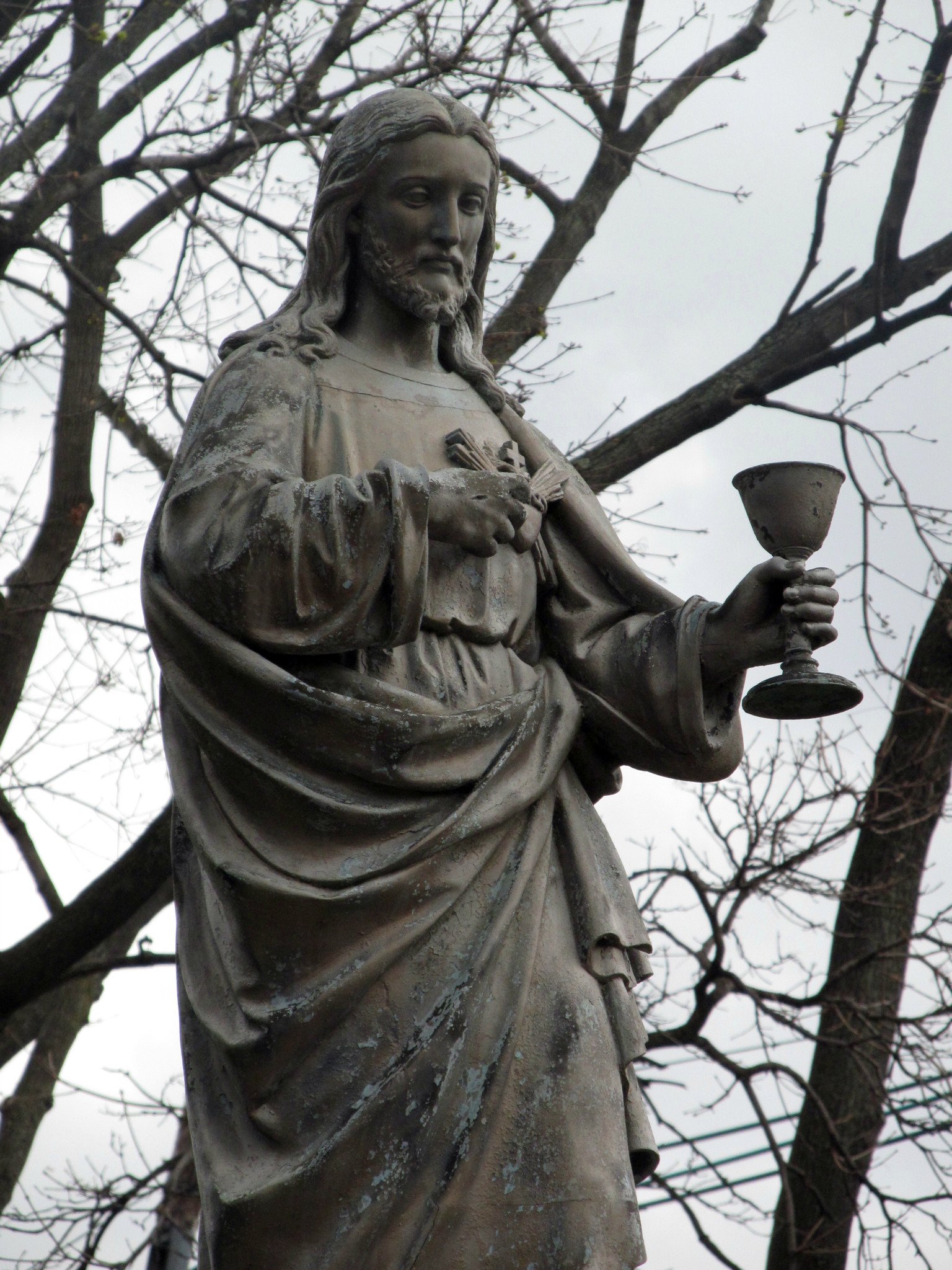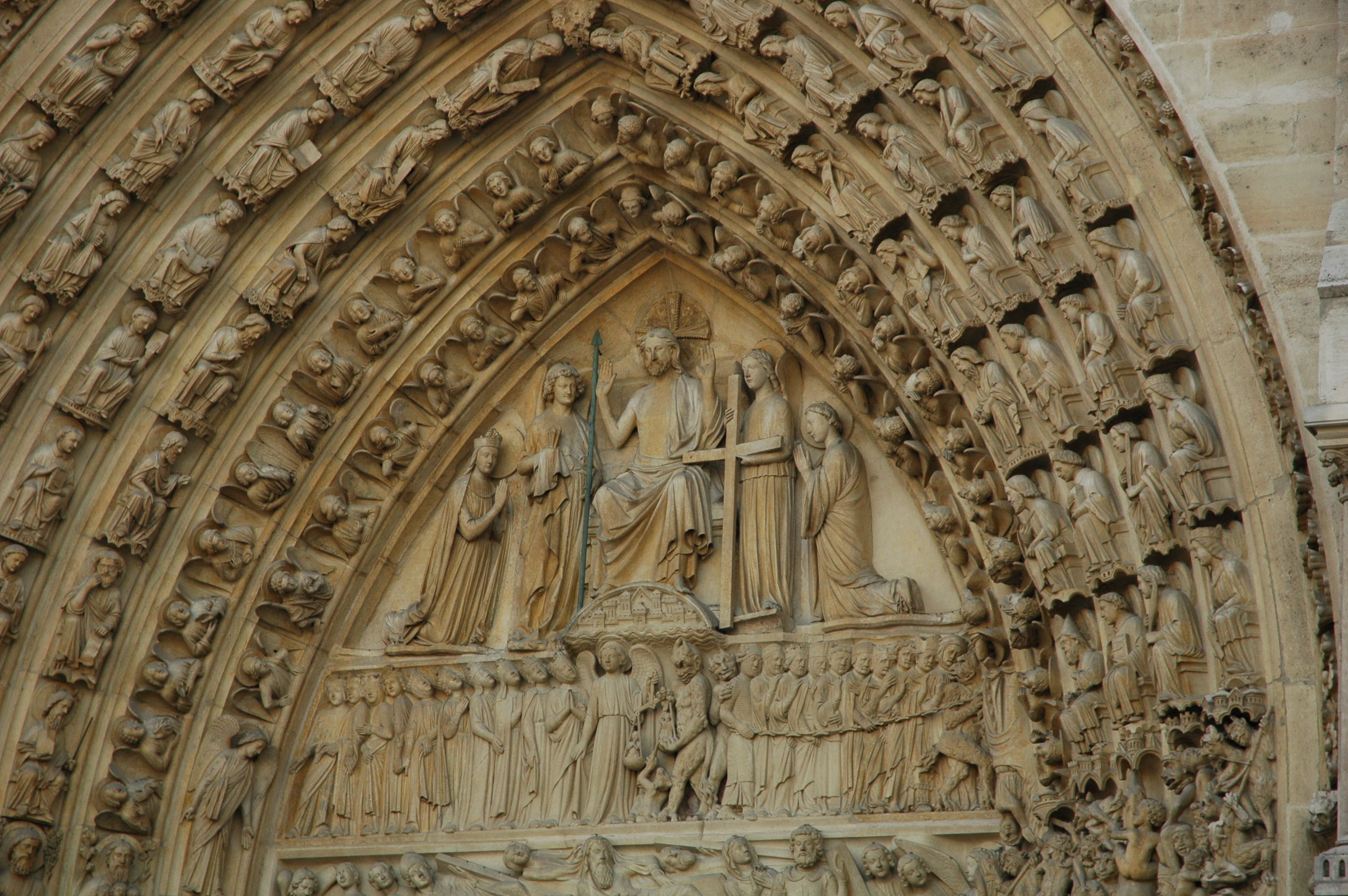All authority in heaven and on earth has been given to me. Go therefore and make disciples of all nations, baptizing them in the name of the Father and of the Son and of the Holy Spirit, teaching them to observe all that I have commanded you. And behold, I am with you always, to the end of the age. (Matthew 28:18-20)
The wonderful part of looking at the parting words of Christ, is that Jesus did not ultimately say goodbye. Rather, He said, until we meet again. Essentially, Jesus parted with a promise and with directives and encouragement for His disciples. For all who would follow after Him. That’s the beauty of celebrating Easter, it is a reminder of the promises of God through Christ Jesus.
Easter is a reminder that the work of Christ is finished but the work for His Kingdom continues.
His finished work established our life’s work.
His purpose fulfilled, birthed our purposes revealed.
I am coming soon, bringing my recompense with me, to repay everyone for what he has done. I am the Alpha and the Omega, the first and the last, the beginning and the end. (Revelation 22:12-13)
His ascension was God’s plan to prepare a place for us and grow His Kingdom and message of redemption all over the earth. Does Jesus really need time to prepare a place for us, unquestionably no. However, this is part of making everything beautiful in its time. His time.
For those in Christ Jesus, no parting words would henceforth be forever. A reunion of saints now awaits after this life. What joy! Promised joy and a weight of glory unimaginable. He came and conquered death and He is coming back…next time as the King of Kings and Lord of Lords not as a suffering servant nor sacrificial lamb.
This life’s temporal goodbyes which separate the living from those in eternity continue to sting, but joy filled reunions will resound in heaven for those in Christ Jesus. Take heart and press on until such time.
Leave a Comment











